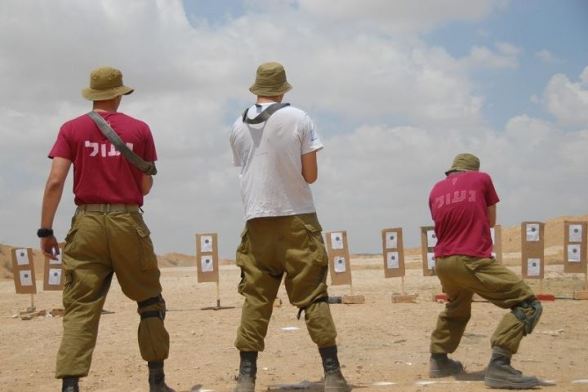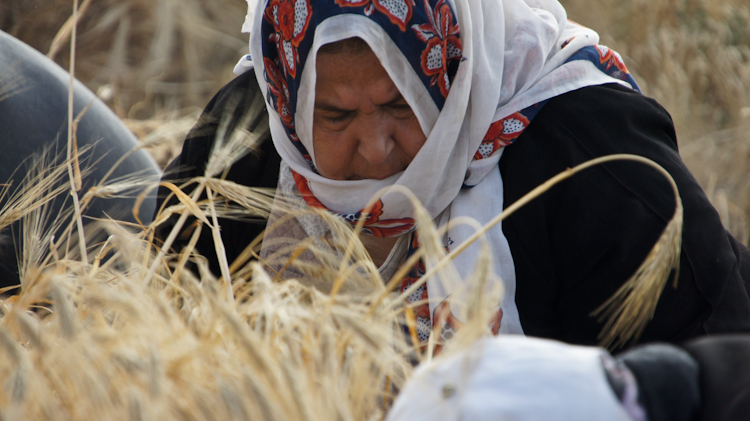Year: 2012
-
Yitzhar settlers attack school children in Urif
by Chris Beckett 29 April 2012 | International Solidarity Movement, West Bank Urif is a Palestinian town in the Nablus Governorate of the northern occupied West Bank, located thirteen kilometres South of Nablus. The town has a population of just under 3000 inhabitants and is overlooked by the illegal Israeli colony of Yitzhar. Last week…
-
Israel’s 64th Colonial Day answered by Nabi Saleh’s peaceful resistance
by Sam 28 April 2012 | International Solidarity Movement, West Bank Last Friday, April 27, around 100 Palestinians and their supporters gathered in the West Bank village of Nabi Saleh to protest the nearby illegal Israeli settlement and the unjust conditions of life under occupation. The protest comes just a day after Israeli ‘independence day’…
-
Wheat farmers under fire in Gaza: We must continue to work our land
by Nathan Stuckey 23 April 2012 | International Solidarity Movement, Gaza Today we went farming with the family of Ahmed Saadat. We arrived in Khuzaa at about 7 AM and met Ahmed. He told us that the Israeli’s had already shot at his family when they went to their land to begin work. We went…



